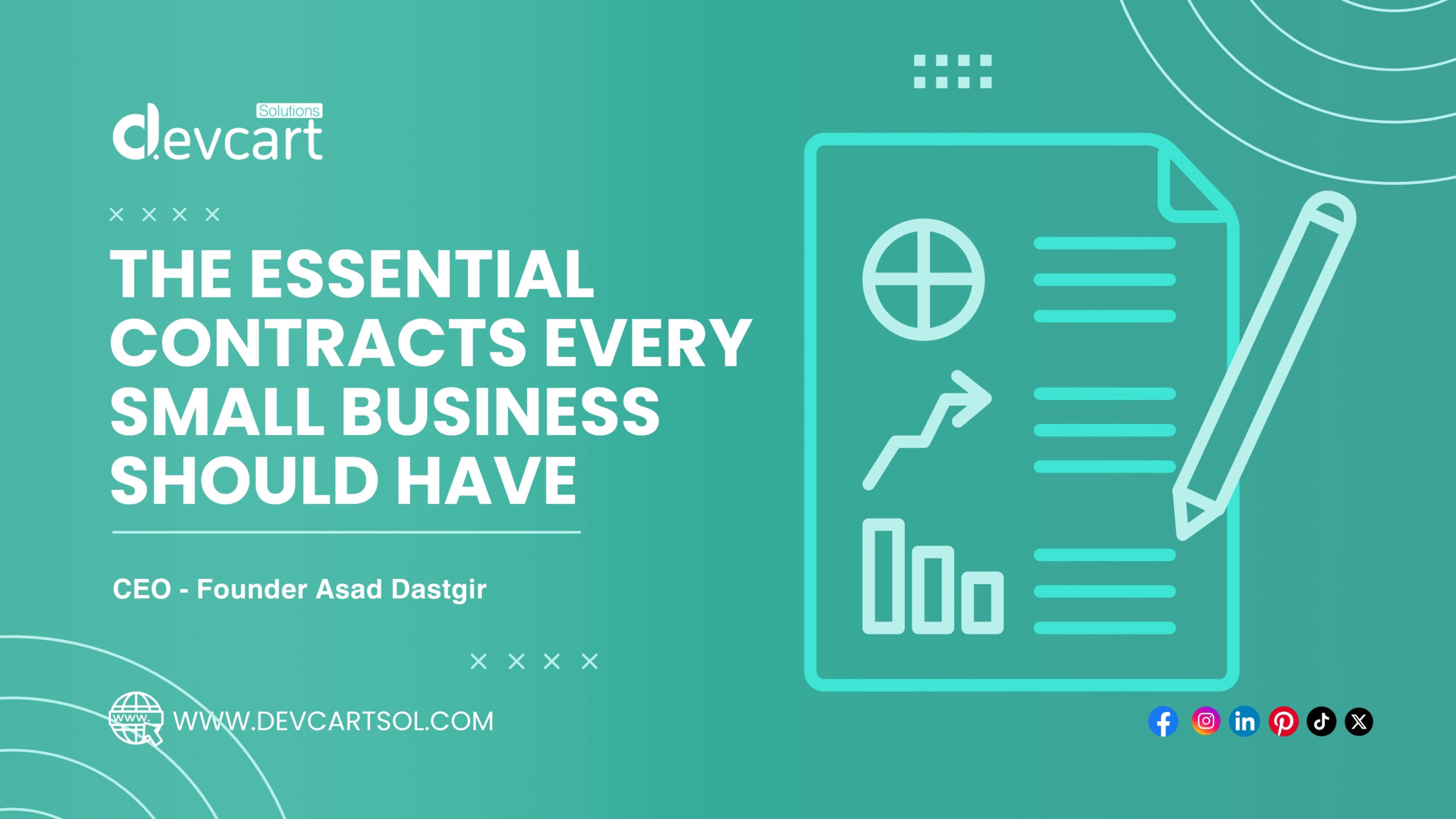Introduction
A well-crafted business proposal can be the difference between landing your dream client or watching the opportunity slip away. Whether you’re a freelancer, small business owner, or corporate executive, knowing how to write a compelling business proposal is essential in today’s competitive market. This guide will walk you through every element you need to create a professional and persuasive proposal that gets results.
What Is a Business Proposal?
A business proposal is a formal document presented to a potential client or partner that outlines your product, service, or solution, and how it will benefit their business. It often includes objectives, deliverables, pricing, timelines, and terms. Unlike a business plan, which is used internally, a proposal is client-focused.

Step-by-Step Guide to Writing the Perfect Business Proposal
1. Understand the Client’s Needs
Before you begin writing, take time to thoroughly research the client’s business, industry, pain points, and objectives. Your proposal should reflect that you understand their challenges and offer a tailored solution.
Tip: Ask questions, review their website, read industry news, and study competitors to gain insights.
2. Write a Compelling Executive Summary
This section should grab attention immediately. Summarize the problem, your proposed solution, and why you’re the best choice. It should be clear, concise, and benefit-focused.
Example:
“We understand your need to reduce operational costs while increasing customer satisfaction. Our cloud-based CRM solution can help you achieve both within 90 days.”
3. Define the Problem
Clearly define the client’s problem or challenge. Use facts, data, or quotes from the client’s team (if available) to validate your understanding.
4. Propose a Solution
This is where you shine. Detail your product or service, how it works, and how it solves the client’s problem. Be specific and avoid generic language.
Include:
- Features and benefits
- Unique selling points
- Case studies or examples (if applicable)

5. Include a Project Timeline
Break down your solution into actionable steps with a clear timeline. A Gantt chart or simple timeline graphic can enhance readability.
6. Detail Your Pricing
Be transparent with your pricing structure. Whether it’s hourly, fixed-rate, or tiered, ensure the client understands what they are paying for.
Optional: Include multiple packages (e.g., Basic, Standard, Premium) to give options.
7. Add Social Proof
Clients feel more confident when they see proof of success. Add testimonials, case studies, success metrics, or client logos to build trust.
8. Outline Terms and Conditions
Specify payment terms, delivery methods, refund policies, and any legal disclaimers. This protects both parties and establishes professionalism.
9. Call to Action
End with a strong call to action. Encourage the client to take the next step—whether it’s signing the proposal, scheduling a call, or requesting more information.

10. Keep It Professional and Polished
- Use clean formatting and professional fonts
- Check grammar and spelling thoroughly
- Brand the proposal with your logo and company colors
Bonus Tips for Success
- Use proposal software for templates and tracking (e.g., PandaDoc, Proposify)
- Follow up within 3-5 days of sending the proposal
- Keep it under 10 pages unless complexity demands more
Conclusion
Writing the perfect business proposal is a blend of understanding your client, presenting your value clearly, and maintaining a professional tone. When done right, your proposal becomes a powerful sales tool that sets the stage for a successful partnership. Invest the time to get it right—you may only get one chance to impress.
















